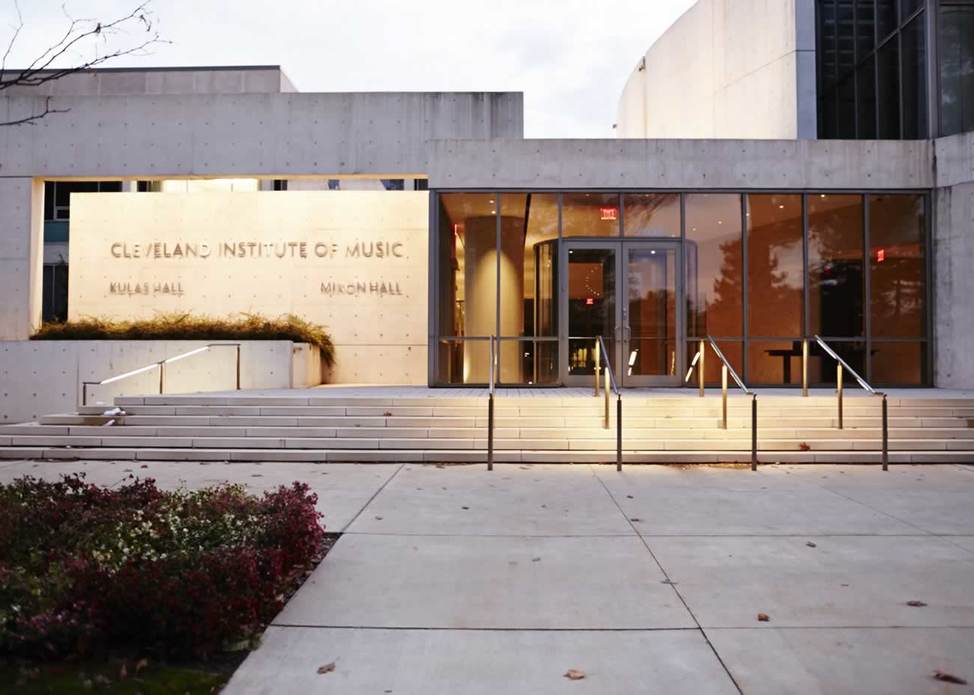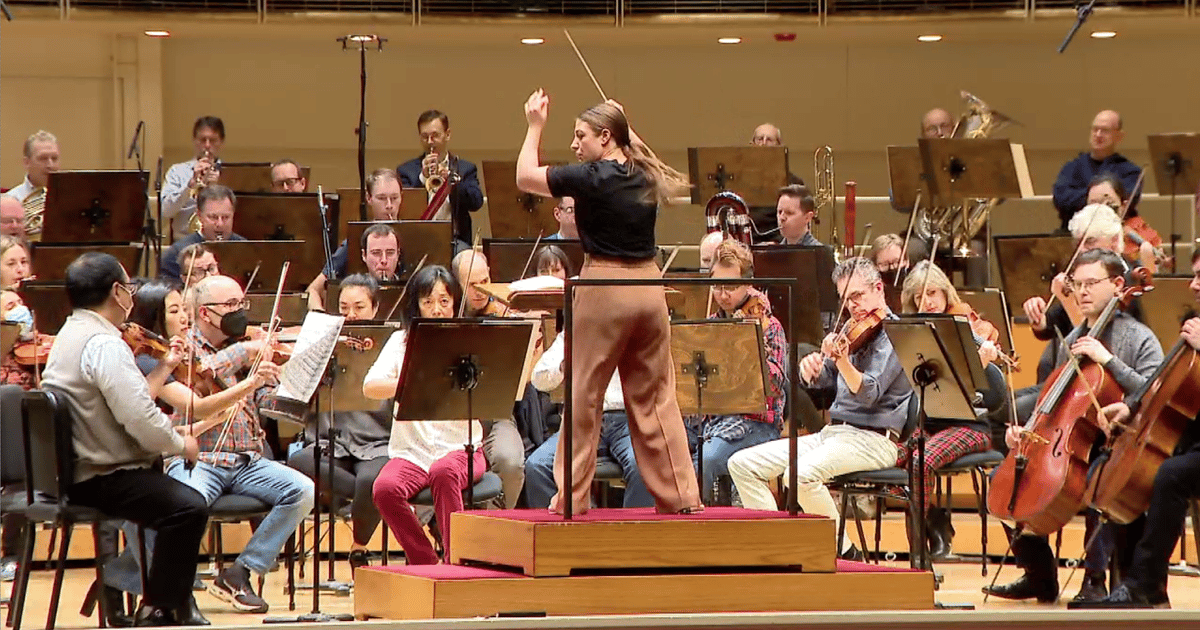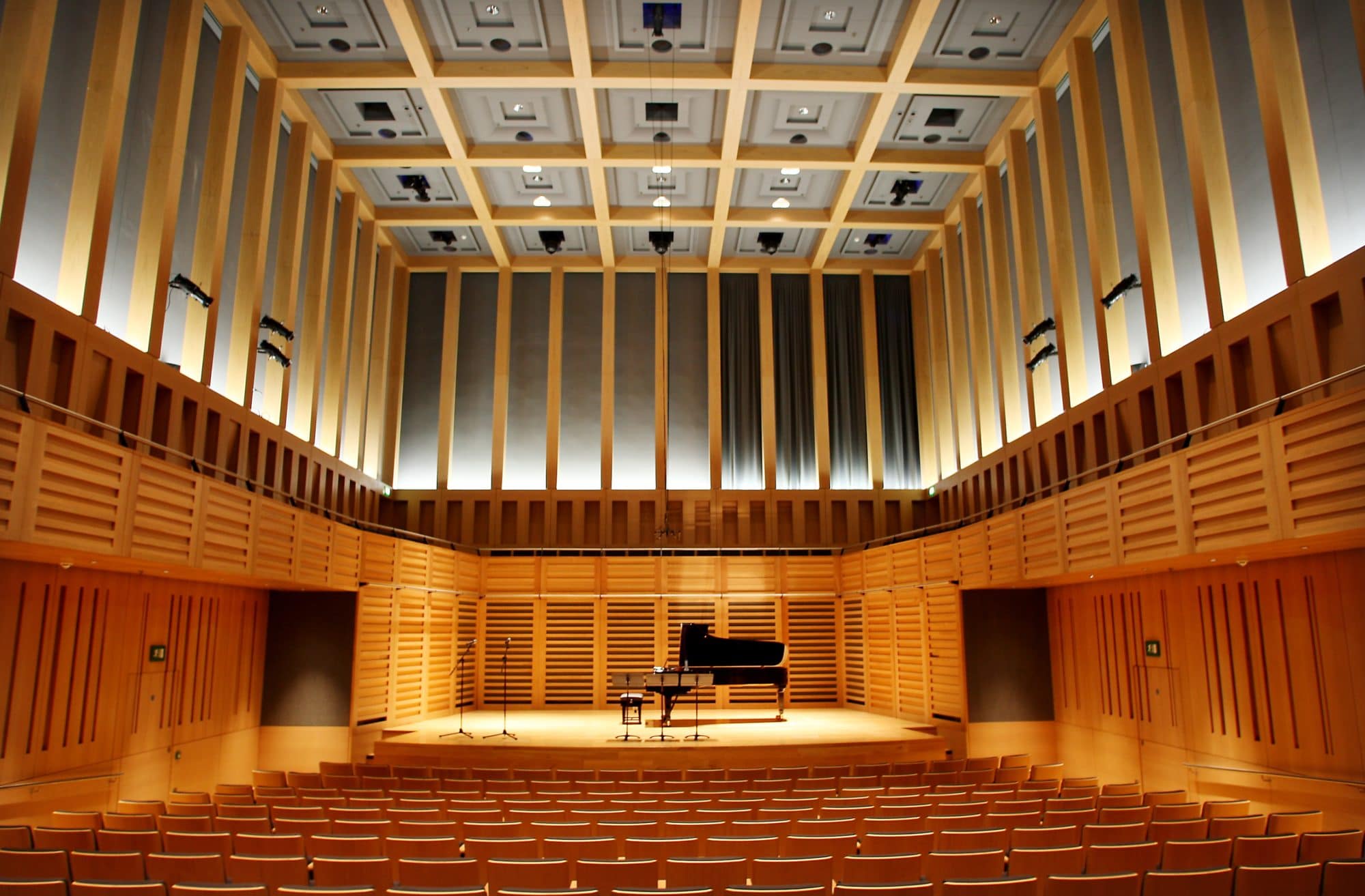The opera house that opens just 80 nights a year
mainPeter Day’s World of Business has made a programme about opera funding for the BBC World Service.
Graham Spicer of Gramilano, who was involved, reports that Rome Opera was producing no more than 80 performances a year on full subsidy until everything went belly-up.
Read Graham here.

Programme details:
Thursday 13 August at 02:05, 12:05, 21:05 – Saturday 15 August at 19:05 – Monday 17 August 00:32 GMT BBC WORLD SERVICE
Thursday 13 August at 8.30pm on BBC Radio 4 for listeners in the UK.





And the Rome opera house only seats 1600. That’s a good size for a house, as opposed to ridiculous stadiums like the Met which seats 3800, but 1600 seats for only 80 performances in a city of 2.6 million is absurd.
OTH, look at Seattle which endlessly thumps its chest about its opera company, but only has 28 performances per year — in the city of Microsoft and Boeing.
Looking forward to watching the BBC video.
If anyone’s looking for this programme on Radio 4, it’s actually called ‘In Business’, not ‘World of Business’.
The Rome Opera’s 2014 budget is about 55 million euros, of which 40 million come from the state and the rest from ticket sales and sponsorships.
The San Francisco Opera and the Chicago Lyric do about the same number of performances as Rome. SF and Chicago both have only half year seasons, but their budgets at $70 million each are 27% higher than Rome’s.
If Rome is going to expand its season, the musicians will be paid far less for their work than the musicians in Chicago and SF.
But SF and Chicago have to earn their funding – through both tickets and donors. Very little state funding. US opera houses must be as self-sufficient as possible, not depend significantly on hand outs from the state.
That is a significant positive.
Moreover, I think the budget figure you quoted is for everything, which is around 100 opera performances at Chicago Lyric, plus their extensive education program with local schools, plus their after-hours programs, plus 30+ performances of a Rodgers and Hammerstein classic musical.
“hand outs” as a pejorative term, of course.
Is the military described as receiving “hand outs” from the state?
Yeah, Marines, NASA employees, professors in our state universities, forest rangers, policemen, etc. all get “handouts.” They don’t “earn” their income.
Chicago has 82 performances per year, and San Francisco 79 — exactly the same range as the Rome Opera, but less than one third to one fifth of cities like Vienna, Berlin, Moscow, Paris, and London. B-teamers.
One more time. The budget figure you quoted appears to be not only for opera performances. You listed their entire budget, without breaking it down. Chicago Lyric does a lot more than opera performances – they are a community arts organization. They spend significantly on music education, for example. The have after hours performances of various music, musicals, etc (most of these activities added in the last several years). It’s a wonderful example of a 21st century opera company finding a way to be a full member of the local and regional arts community.
Indeed, Chicago’s performance numbers would be a good bit lower than Rome’s if they weren’t doing musicals. The budget numbers for Rome and Chicago are the total budgets.
I understand this point and sympathize with it. But opera singers aren’t being killed in action after being sent somewhere on the order of the Commander in Chief (whether we support this person or not).
I think there’s an important place for state funding, and the US should commit more funding, but not total support. I don’t think guaranteed total or near total support engenders creativity or efficiency. The idea that opera companies should live totally off the state (as Mr. Osborne has repeatedly suggested) is neither advisable nor workable in the US.
Nothing’s workable in the US that requires a penny on taxes, except apparently the military and other uniform services. Health care? Socialist claptrap. The arts? Same.
But Homeland Security, AKA Paranoia Central: Ask and ye shall receive, as long as it is not for adequate funds to properly vet, train and then compensate and retain good security staff at points of entry.
Anything else is strictly optional. Except maybe support of “college football.”
Mr. Osborne,
You are incorrect when you suggest the number of performances you quoted for Chicago include the 30+ performances added to the season of a classic musical. The number, by the way, also does not include the collaboration with Second City on the “Guide to Opera” that got a long run, in addition to the house’s opera performances.
I also would not compare budgets and performances between Rome and Chicago for the simple fact that it’s not apples to apples. It seems to me that one sees itself (and is) a pure opera house. It also seems to me that the other sees itself (and is becoming) a community arts organization whose primary purpose is opera – but with a budget that includes all community activities and a variety of performances. We may quibble about whether this is positive or not, or whether they are moving in the right direction, but it is a different animal than Rome.
I truly believe that the reason many of those based in Europe (among which I include you) routinely deride American opera houses is that they are different animals than those in Europe – from their core. Again, we can discuss whether this is positive or not, but we should begin with the understanding that American opera houses are a different thing. I agree that there are things that are not going well and need immediate improvement, but this sort of blanket anti-American drum from some European opera lovers is not useful, frankly.